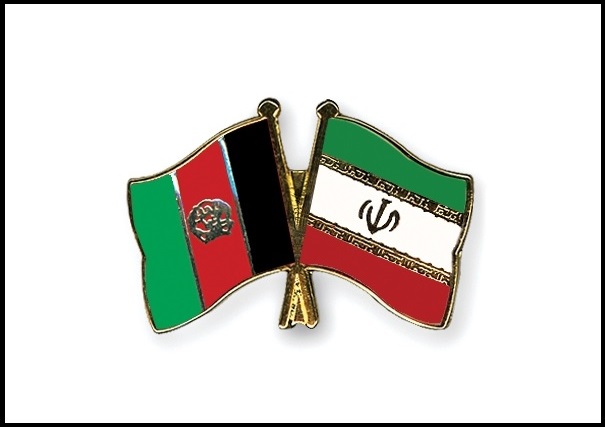Here was the tease given to this article in the NRO morning email: “Iran and ISIS: More in Common than We Think.”
How many people know that Iran and ISIS are making common cause in Afghanistan? How many people know that Iran and ISIS have more in common than we think?
Few.
There is no bigger failure on the part of conservatives in the information war than their failure to get more facts to more American citizens about ISIS, Iran, the wars in Afghanistan and Iraq, and just about every area of foreign policy.
How many people know we never lost a military battle during the Vietnam War? That the Tet Offensive was a massive American victory?
Few.
Here is the lead, and the first two paragraphs of the above titled article — follow the link after to read it all. Be one of the few.
The supposed rivals are working together — and working with the Taliban.
The admission by the Taliban on July 30 that its leader, Mullah Muhammad Omar, had died was widely seen as good news for the Islamic State (ISIS) against its jihadist competitors. But while ISIS’s growing power in Afghanistan over the last year has garnered significant attention, the rise of Iran’s influence in the country has been less noted. Worse, in the light of the nuclear agreement with the U.S., Iran’s expanded influence is held by some observers to be a stability-promoting development. This is a dangerous fantasy that has already been falsified in the Fertile Crescent, where the synergetic growth of Iran and ISIS promotes chaos and radicalism — to the advantage of both and the disadvantage of the forces of moderation and order.
Several leaders of the Pakistani Taliban and the al-Qaeda–linked Islamic Movement of Uzbekistan have defected to ISIS in the Afghanistan–Pakistan theater, but ISIS’s presence in the area remains small. This has not prevented an outrageous attempt by Tehran to sell its recent increase in support to the Taliban as an anti-ISIS measure. Tehran’s argument does not fit the timeline — which shows consistent Iranian support for anti-Western Sunni jihadist forces in Afghanistan from the beginning of the Western intervention in 2001.
Read more: National Review

